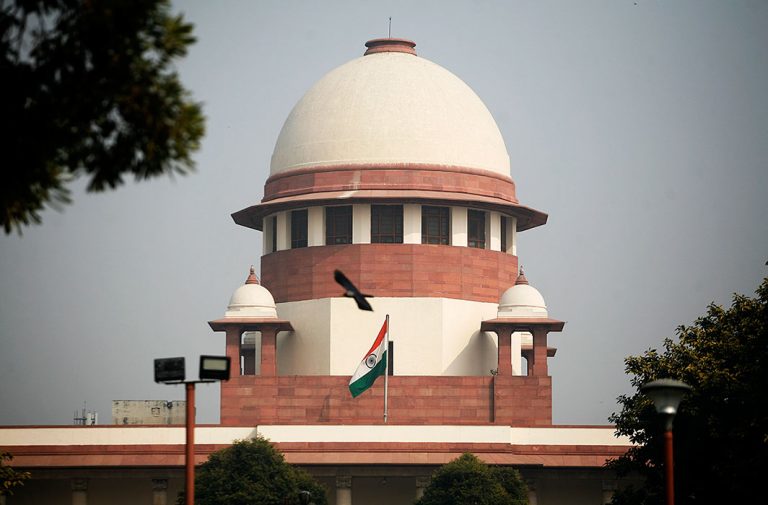
The Supreme court on July 24, set-aside a Bombay High Court ruling which stated that a group of female workers of a company in Maharashtra do not fall within the definition of ‘employee’ under Section 2(f) of the Employee’s Provident Fund And Miscellaneous Provisions Act, 1952 (EPF Act) and therefore, they are not entitled to the benefits of the provident funds.
The Respondent Company argued that these women were mostly engaged in making garments from the raw materials provided by the Company but they used their own machines. It was also contended by the respondents that these women worked from home and not at the production centre. The respondents claimed that the company did not exercise any supervisory control over these women and therefore, they do not fall within the definition of ‘employee’ as provided in the EPF Act.
Section 2(f) of the EPF Act states that:
“employee” means any person who is employed for wages in any kind of work, manual or otherwise, in or in connection with the work of an establishment, and who gets, his wages directly or indirectly from the employer, and includes any person,—
(i) employed by or through a contractor in or in connection with the work of the establishment;
(ii) engaged as an apprentice, not being an apprentice engaged under the Apprentices Act, 1961 (52 of 1961), or under the standing orders of the establishment;
The Court said that this is “an inclusive definition and is widely worded to include any person engaged either directly or indirectly in connection with the work of an establishment.” It was also pointed out by the Apex Court that the company had the right to reject the final product made by these workers and in an earlier case it was decided by the Supreme Court that ‘the right of rejection can constitute in itself an effective degree of supervision and control’. The Court held that these female workers were employees of the Respondent Company under Section 2(f) of the EPF Act.
Thus, the court allowed the appeal and set aside the decision of the Bombay High Court to declare that these female workers were entitled to the benefits of the provident funds.
-India Legal Bureau

